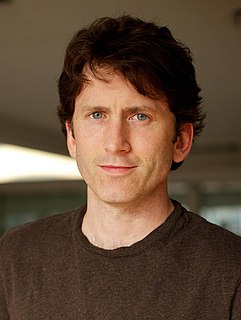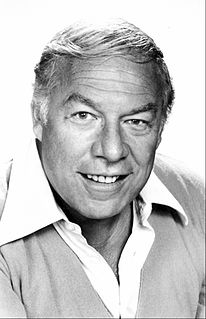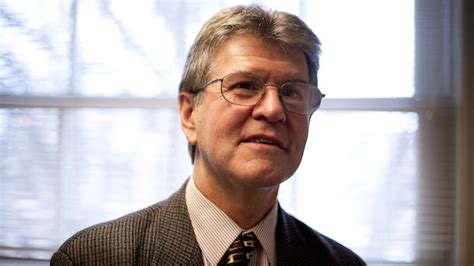A Quote by Alan Moore
I think there's always been a traditionally apocalyptic side to British science fiction, from H.G. Wells onwards. I mean, most of Wells' stories are potentially apocalyptic in some sense or another.
Related Quotes
I have always been intensely uncomfortable with the idea of a science fiction writer as prophet. Not that there haven't been science fiction writers who think of themselves as having some sort of prophetic role, but when I think of that, I always think of H.G. Wells - he would think of what was going to happen, and he would imagine how it would happen, and then he would create a fiction to illustrate the idea that he'd had. And no part of my process has ever resembled that at all.
There is the apocalyptic influence in the Trumpean presidency: The world is destroyed in order to be purified and renewed in the ideal way that is projected by a Steve Bannon. And there is a sense of that when Trump says we'll make America great again, because he says it's been destroyed, he will remake it. So there is an apocalyptic suggestion, but I don't think it's at the very heart of his presidency.
Even in a crowded field, it is a rare pleasure to come across a prose stylist like Kellie Wells, whose intellect and language bid one another beautifully to a dance. She dares to be at play in the most unsettling questions of her day. Surely when the present generation of writers shakes down to its unique and irreplaceable voices, Kellie Wells will be one of them.
My first encounter with science fiction was reading the work of H.G. Wells when I was nine or ten, and I don't believe 'The War of the Worlds' or 'The Time Machine' have ever been bettered. Plus, I have always had a liking for Victorian and Edwardian clothes and contraptions, which tends to color the worlds I dream up.
So many wells have been dug in Changzhou that its groundwater has been over-exploited, and the local ground level has sunk by two feet. The city has officially banned new wells and mandated the installation of pollution controls, but China's endemic corruption ensures that neither measure has much meaning.





































